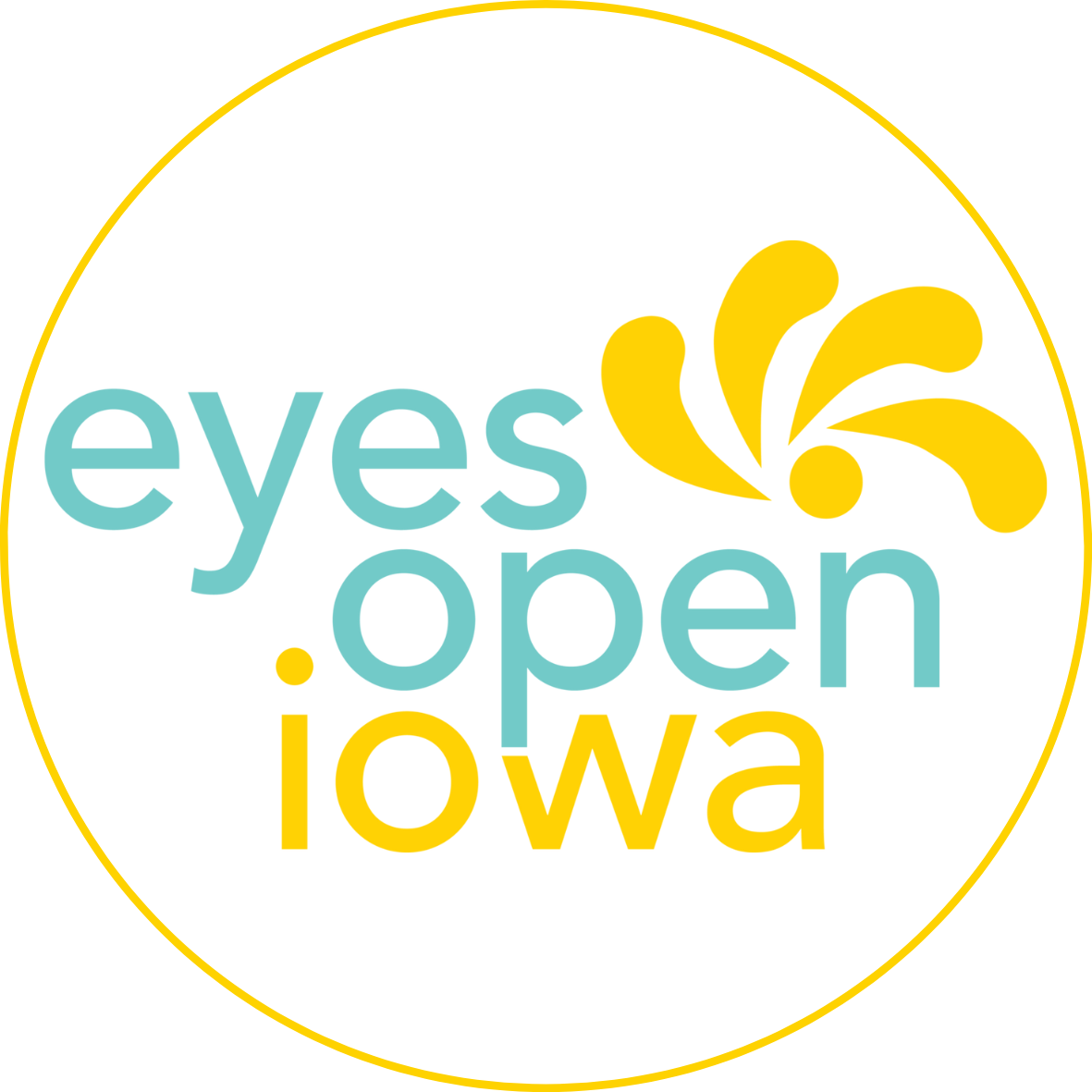Questioning my Education Practice (part 2): an interview with Kay Switzer
Interview with EOI Board member Kay Switzer, part 2: Questioning My Sex Education
EOI’s Director of Development, Gail Cowan, sat down with Kay Switzer, EOI board member, to ask her about her own experience with sex education and her motivation for working in the field. Kay has been a mover and shaker in the reproductive world, dedicating her career to the advancement of reproductive rights. She has had time spent in the classroom teaching sex education to students as well as advocating for the Title X family planning program. This is part 2 of the interview. (You can read part 1 here)
Gail: Last time, we talked about your sex education experience in middle school and high school. How did that education prepare you – or not – for the larger world after you left high school?
Kay: When I went to community college away from home, I met so many people from different walks of life. But I found that I was still operating from a shame-based narrative about my personal life, including how I felt about myself and my own sexual experiences or lack thereof. I remember having a conversation with a good friend. She said to me, “I have learned more from you than I have in school or from my family.” While at the time I was flattered, I now realize how telling that statement was. If I was the best it got in terms of sex education for my friend, then that was saying something.
Gail: How and when did you begin teaching sex education?
Kay: I first began teaching sex education informally to friends and peers as I learned factual information about reproductive and sexual health . I was able to answer questions and provide support. Then, once I had transferred to a university, I worked with teen girls through a summer program. Some of the girls talked to me about same-sex experiences. As I spoke to these girls, I could hear in their questions the bias they were experiencing:
· “My parents don’t like gay people, but I don’t have a problem with it”
· “I didn’t really want to... It just happened, but like I kinda wanted to”
· “I think I like girls”
As an educator, how do you hear these things and not let it get to your heart? Thankfully, I was able to sit down and talk one-on-one with many of these girls to mentor them and provide honest feedback.
Gail: In addition to being passionate about sex education, you’re also an advocate for family planning services. When did you start realizing the importance of trauma-informed family planning care?
Kay: When I was in my early 20s, I went to the gynecologist to get birth control. I picked the non-hormonal IUD. No one told me how painful this would be. I took some ibuprofen before coming in as directed, but no one explained to me that doctors can and will do an invasive procedure on women without pain medications. It hurt so much that I had to stop and couldn't finish the procedure. The next year, I had my annual visit, and I was so nervous that the new gynecologist asked me if I was okay. She said, “it looks like you have had some trauma.” I did not even think of it that way. Women experience pain and are expected to push through it. Our health care is determined by our professionals. Within any health system, it's up to the doctor to create the atmosphere of safety for the client. If that doctor has any biases, it is very apparent in their practice. Unfortunately, this is how the cycle continues.
Gail: How do you think we can best end this cycle?
Kay: All of these experiences justify the importance of comprehensive sex education. Comprehensive sex education does not use fear tactics to shame students. Rather, it is inclusive of all students, including LGBTQ+ youth, and it is factual and free of biases and personal values.
I recently saw a book on anatomy at a local store and I opened it to find every system in the human body covered, except for the reproductive system.
When we give age-appropriate sex education – beginning with teaching elementary school the basics about boundaries and consent (e.g., it is okay not to hug someone if you don’t want to) – we start a foundation for self-advocacy. As the student get older, they are more comfortable with refusal skills and saying no. When we give kids information on sex education often it delays first onset sexual experience. If the goal is to avoid unwanted infections, unwanted pregnancy, and healthy relationships, we need to stop lying to our kids about this information. We are human beings with many facets, including sexual development and sexual feelings, and it is important to talk about this.
Gail: Thank you for sharing your experiences with us. It’s so important that we talk openly and honestly about things so many people do through, but it can also be hard to do. We appreciate all you do for EOI – and for sex education and family planning in Iowa!
Kay: Thanks for having me and giving me a place to share my experiences. I’m grateful for the staff of EOI and their commitment to talking about hard things every day.
